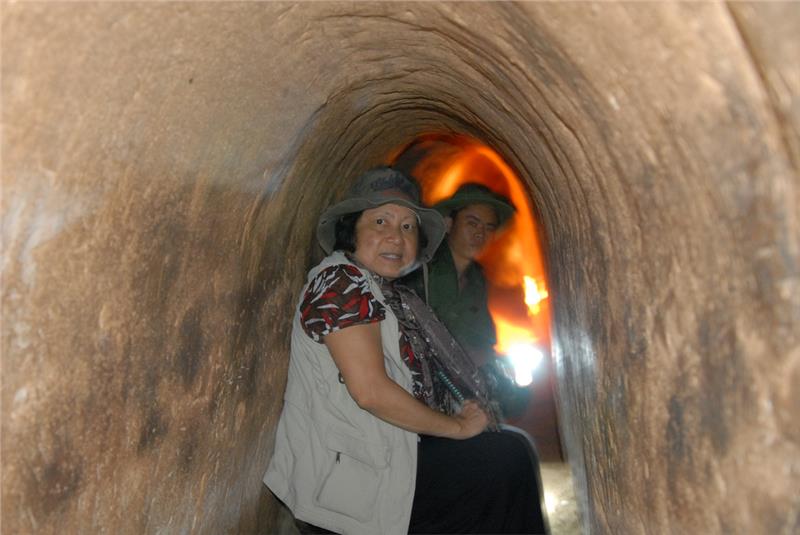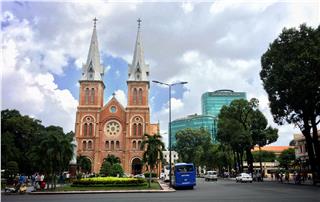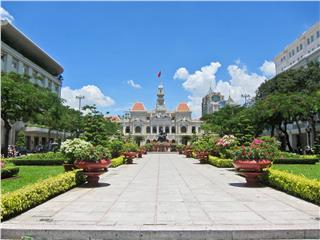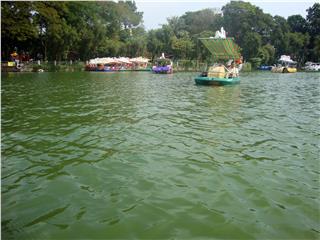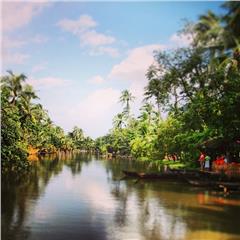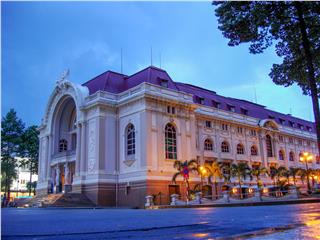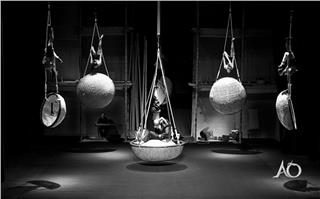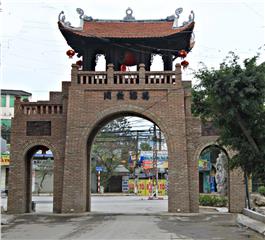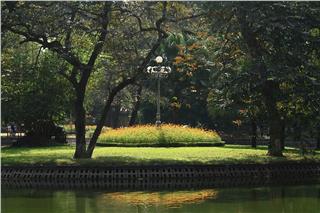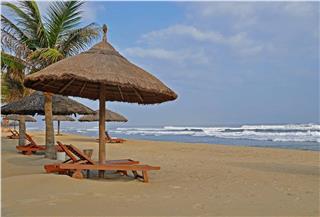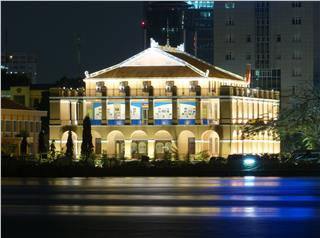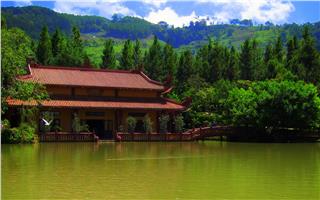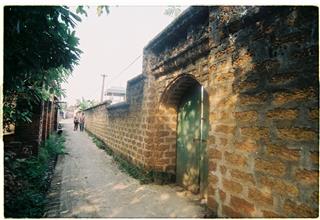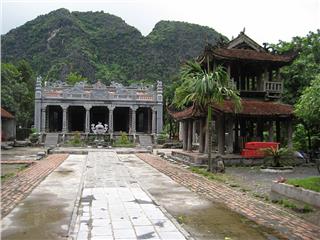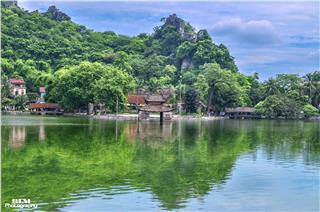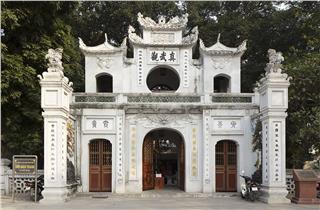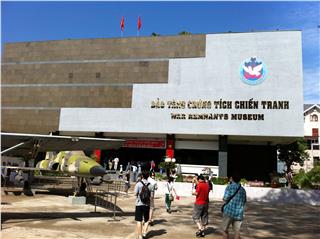Cu Chi has long been famous around the world for its intricate network of tunnels, tied to the glorious history of the southern land. Cu Chi Tunnels is currently one of the alluring sights attracting both domestic and foreign tourists.
Cu Chi Tunnels is a defense system in the ground in Cu Chi District, which was implemented by National Liberation Front for South Vietnam in Indochina War and Vietnam War. The tunnel system includes numerous clinics, rooms, kitchens, storage, office, and system of underground. The tunnels own a length of about 200 km and ventilation systems is disposed in the bushes, avoiding the observation of the enemy. Located at the end of Ho Chi Minh Trail, Cu Chi Tunnels were established on the land known as the "iron land", which has long been one of the most popular sights in almost Ho Chi Minh tours.
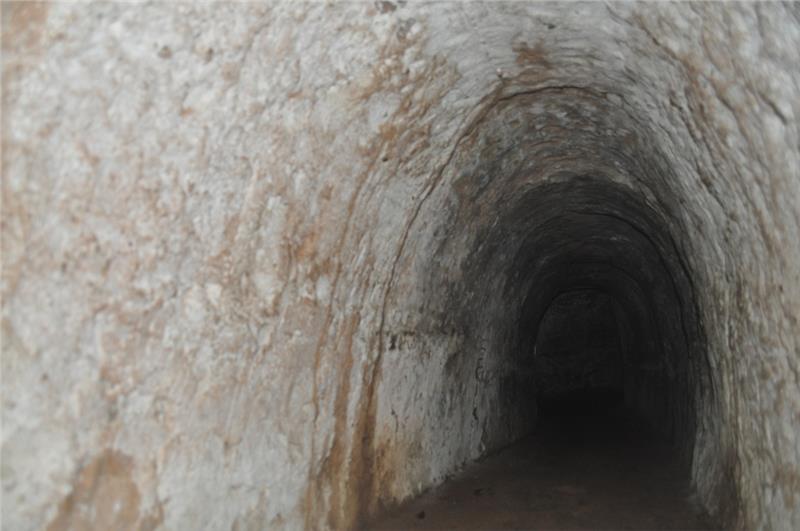
Far about 70 km from Ho Chi Minh City to the northwest, Cu Chi Tunnels is the common name of numerous tunnel systems which are established over years of French resistance and American resistance. Early, Cu Chi Tunnels just retains a simple structure with its main functionality for Viet Minh military to hide, hiding documents and weapons. Around 1961 - 1965, Cu Chi Tunnels system evolved to a significant improvements, not only to lurk, but also to be an accommodation, combat, medic, meetings of guerrillas... Southern communes of Cu Chi completed the axis tunnel route called the "backbone", then organizations and units developed another branch tunnels to establish continuous tunnels among the communes and the regions. Above the ground also includes a belt of crisscrossed trenches linking tunnels. In addition, there are numerous fighting emplacements, minefields, nail holes, booby traps upper the tunnels..., which are arranged in uninterrupted clusters generating a strong battle in the guerrilla war. Until 1965, the system of Cu Chi Tunnels reached approximately 200 km long, with 3 separate levels, namely the first floor of about 3m underneath the ground, the next one of about 6m, and the bottom one deeper more than 12m.
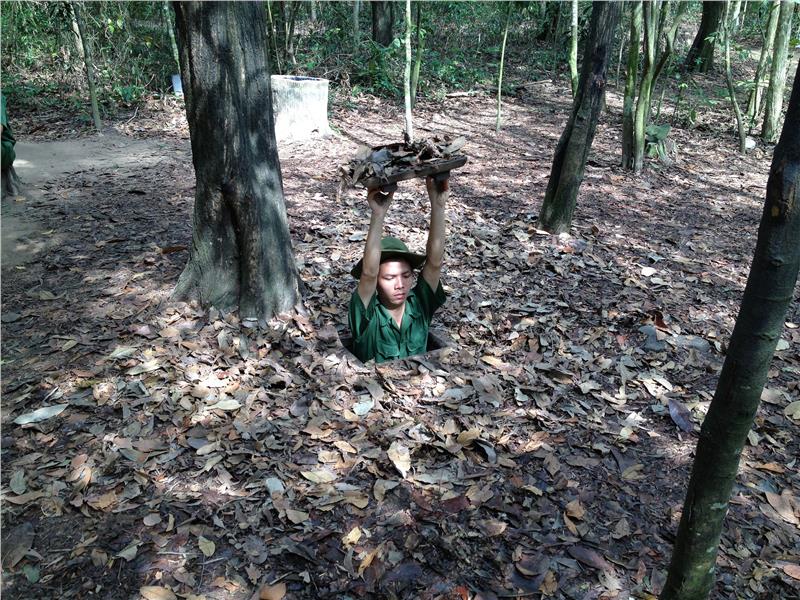
The system of multi-tiered tunnels multi-layered complexity currently remains unchanged as the war period with the secret hatch covers and tunnel entrances connecting underground passages among the basements together. In the tunnel system, there are special closed-door buttons in different places which is used to prevent from the enemy or toxic gas. On the length of all tunnels are carved the unrevealed ventilation vents onto the ground and are extremely discreetly camouflaged. In addition, tunnels and underground paths are arranged with numerous smart and skillful deadly traps in combination with dangerous traps.
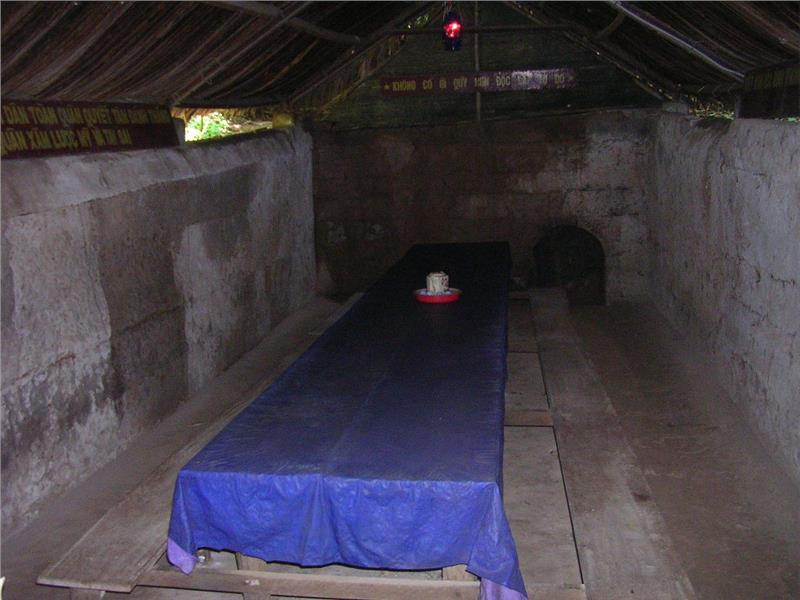
Cu Chi Tunnels currently preserves about 120 km long and gradually becomes a captivating attraction in Ho Chi Minh City. Tourists to the tunnels have a chance to experience the life in the tunnel through trying to taste the dishes previously used in Vietnam army, such as boiled cassava, sesame... Go down to dark and boundless tunnels to understand the struggles, hardships and resilience of Vietnam army.
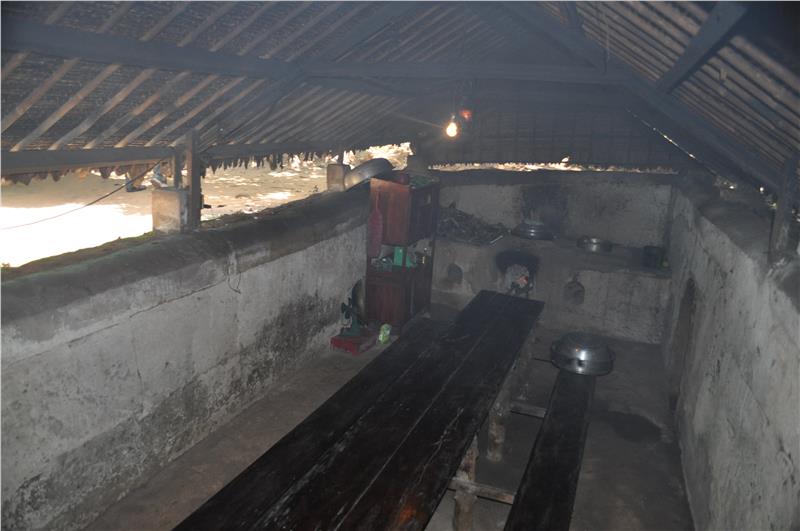
Not only attracting domestic tourists, the tunnels also received huge interest from foreign friends. After experiencing themselves for the life in the underground in wartime, you will understand the reason why the tiny Vietnam country gained its independence and victory and Cu Chi, a poor land could cope such 21 year-uninterrupted difficulties. In particular, the presence of tourist guides in wartime costume right in the bushes or at any turns makes tourists feel like to be lived in the time of the real Cu Chi battle. Going to Cu Chi Tunnels, tourists will have an opportunity witness and ascertain 2 main attractions. Ben Duoc Tunnels: Saigon - Gia Dinh Army Base has been conserved in Phu Hiep Village, Phu My Hung Commune, Cu Chi District, Ho Chi Minh City; and Ben Dinh Tunnels: Cu Chi Army Base has been conserved in Ben Dinh Village, Nhuan Duc Commune, Cu Chi District, and Ho Chi Minh City.
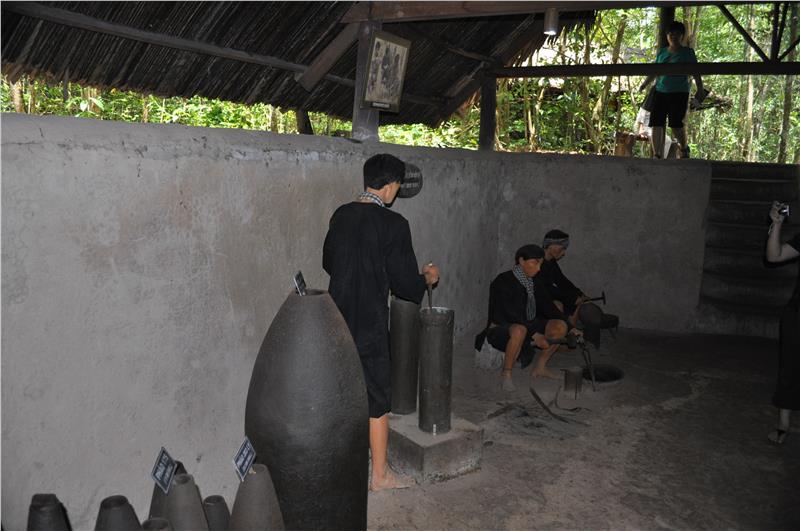
Thanks to its historical significance and war stature, Cu Chi Tunnels has gone down in heroically struggling history of Vietnamese people as a legend of the 20th century and has become a famous tourist sight not only for Ho Chi Minh City tourism, but also all over the world.
